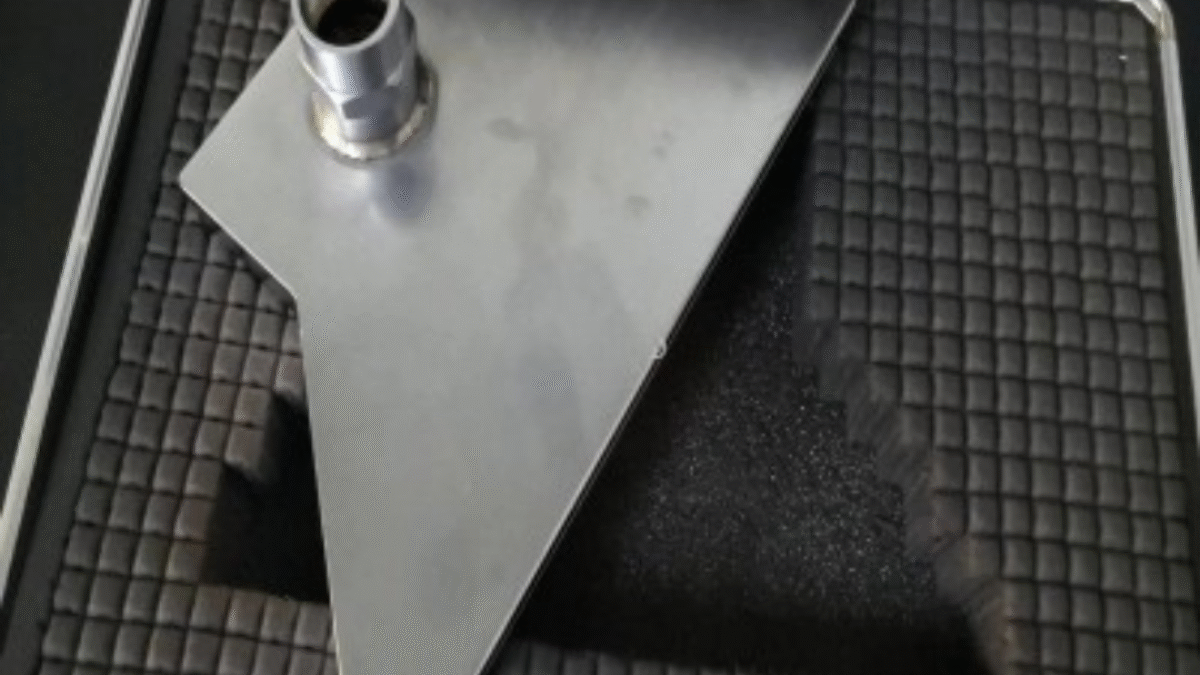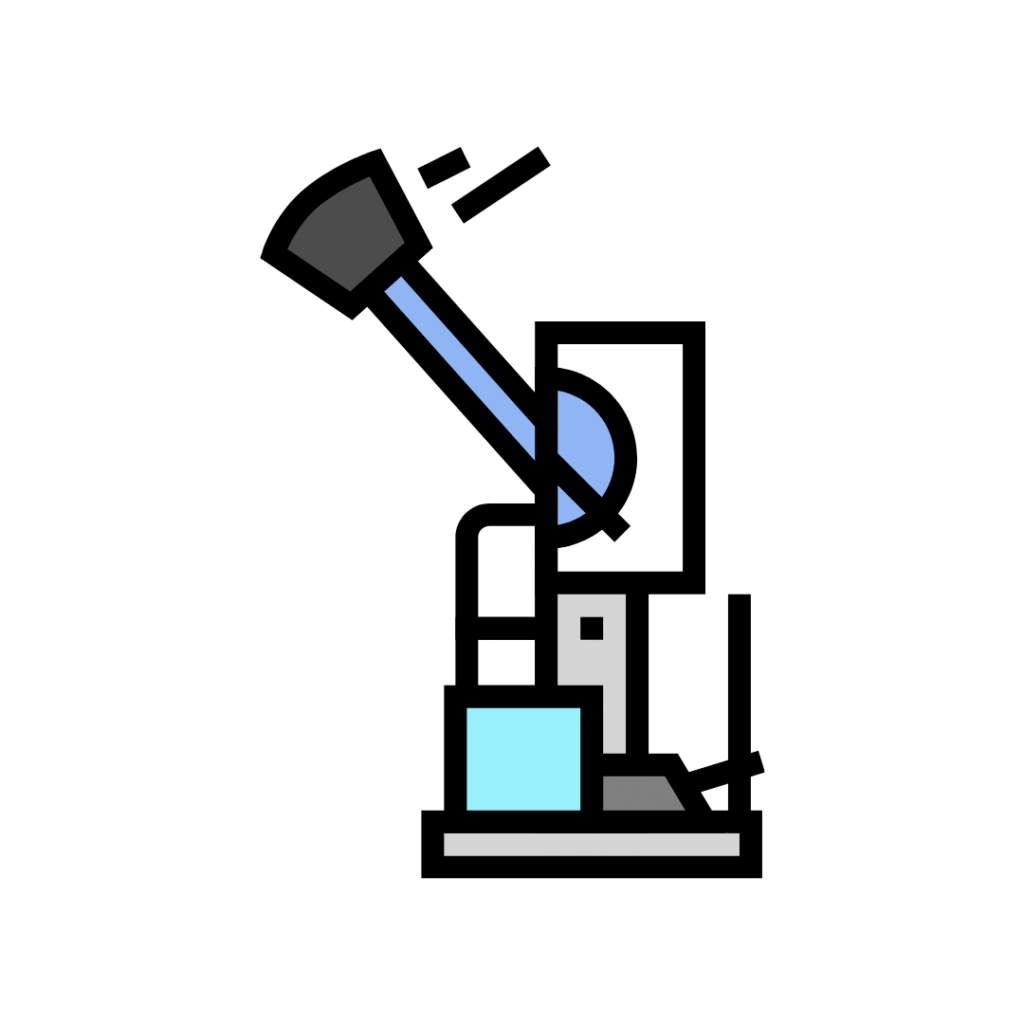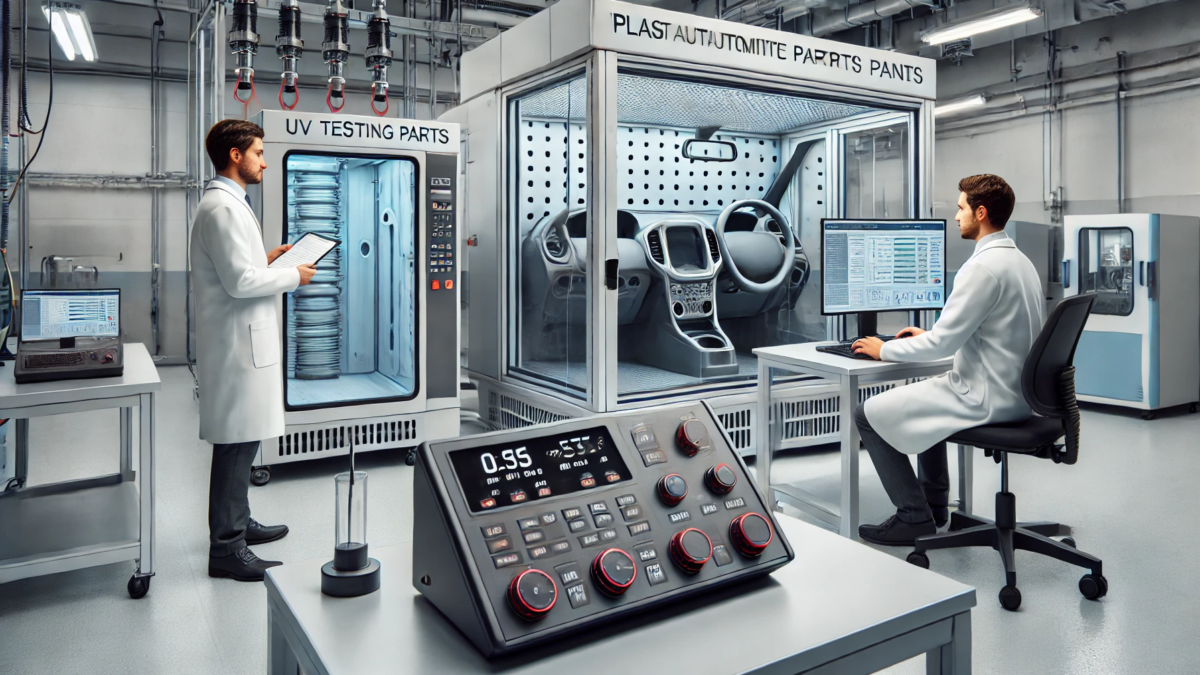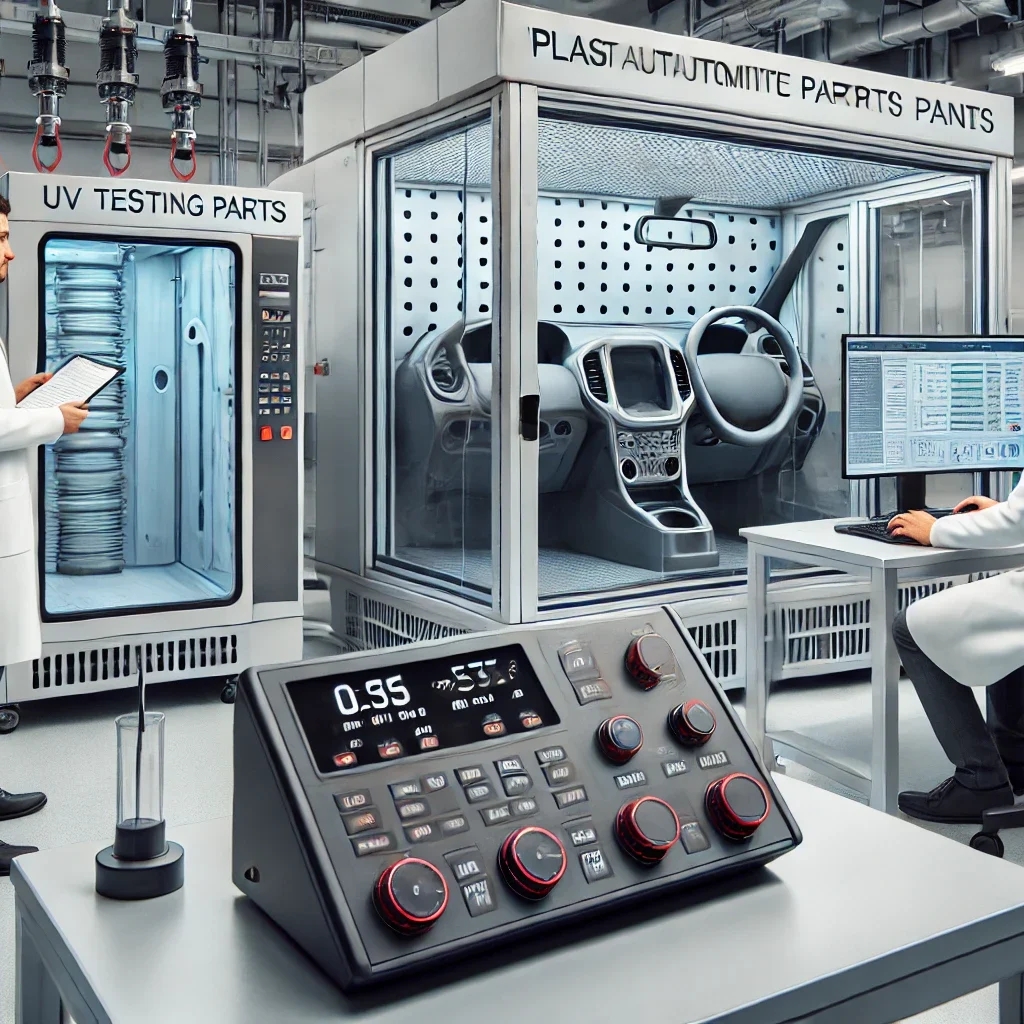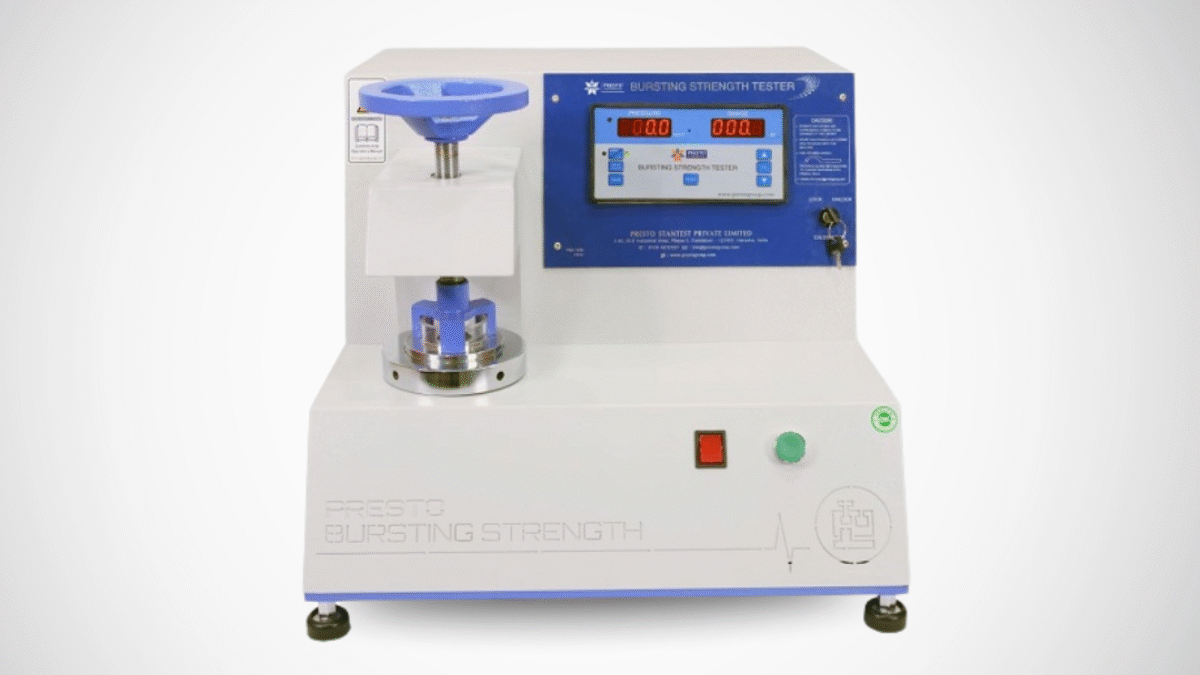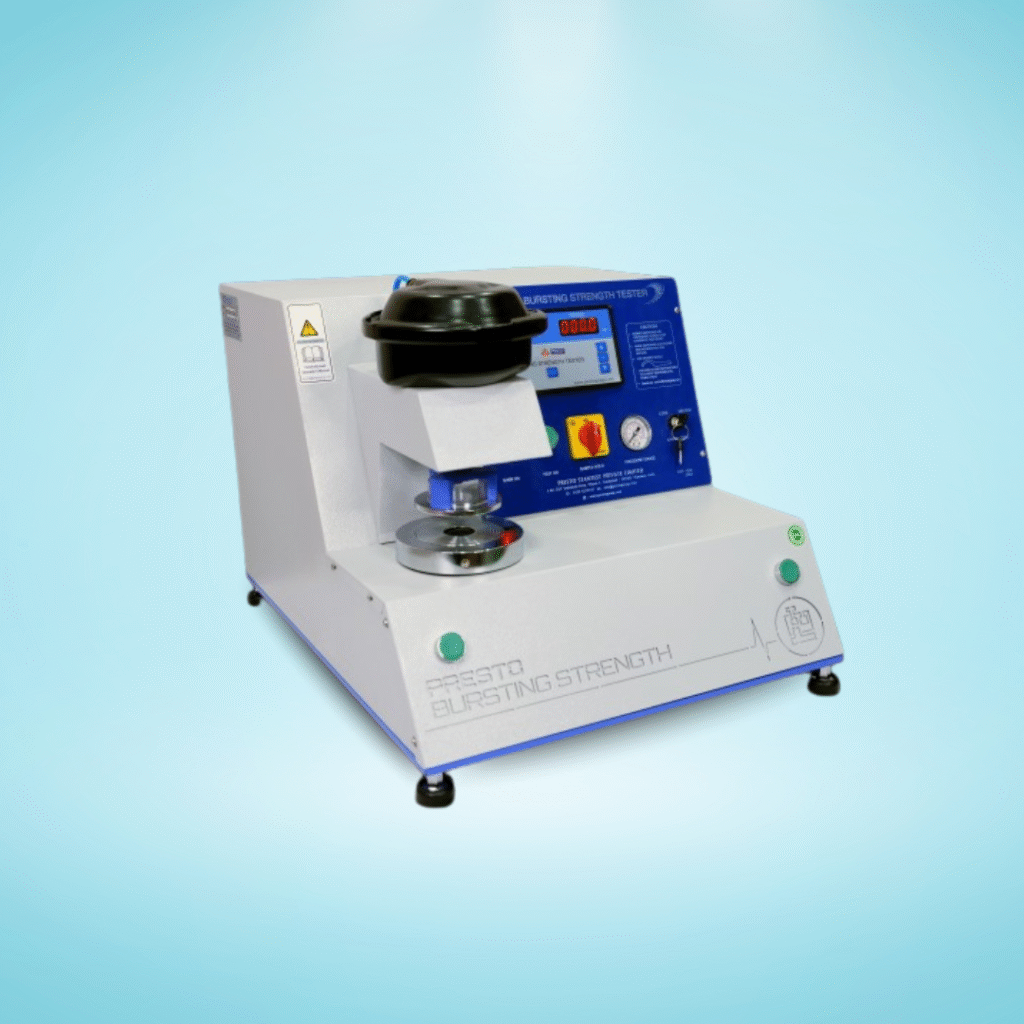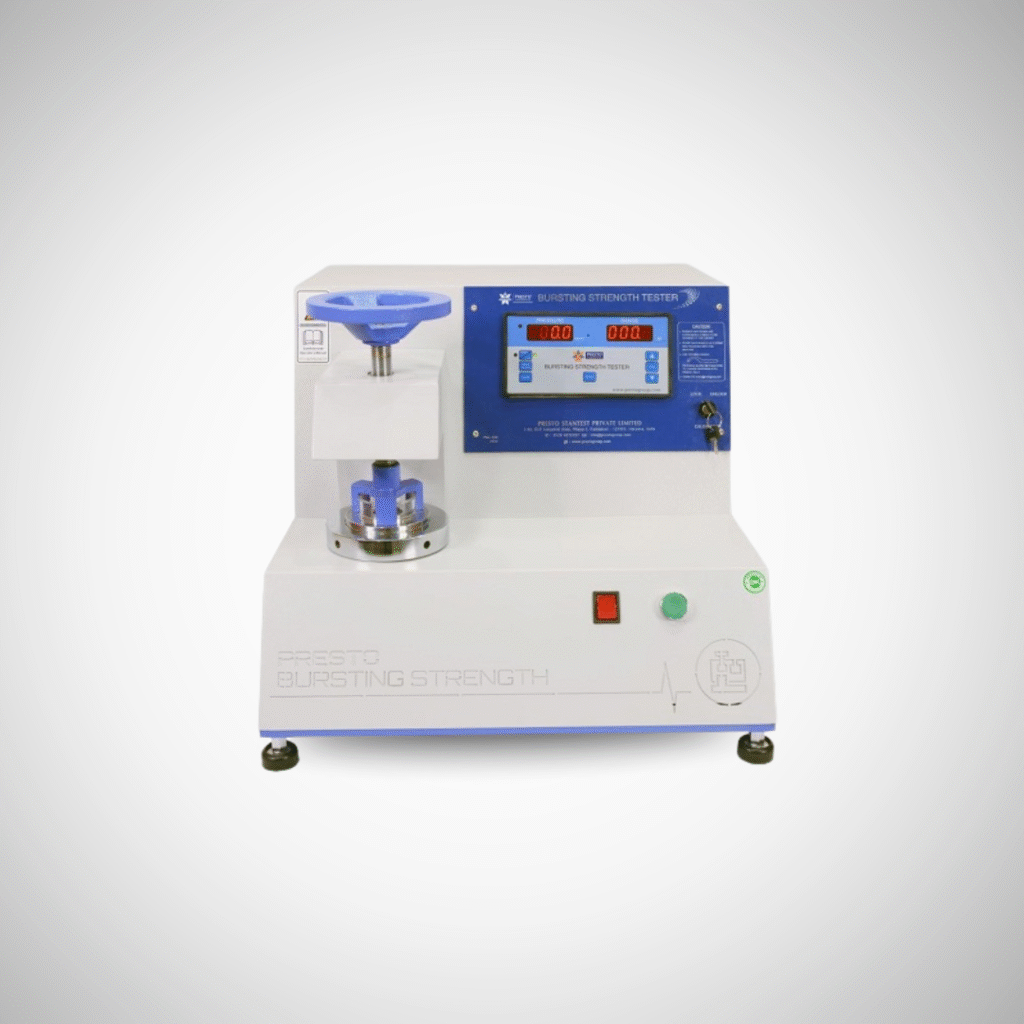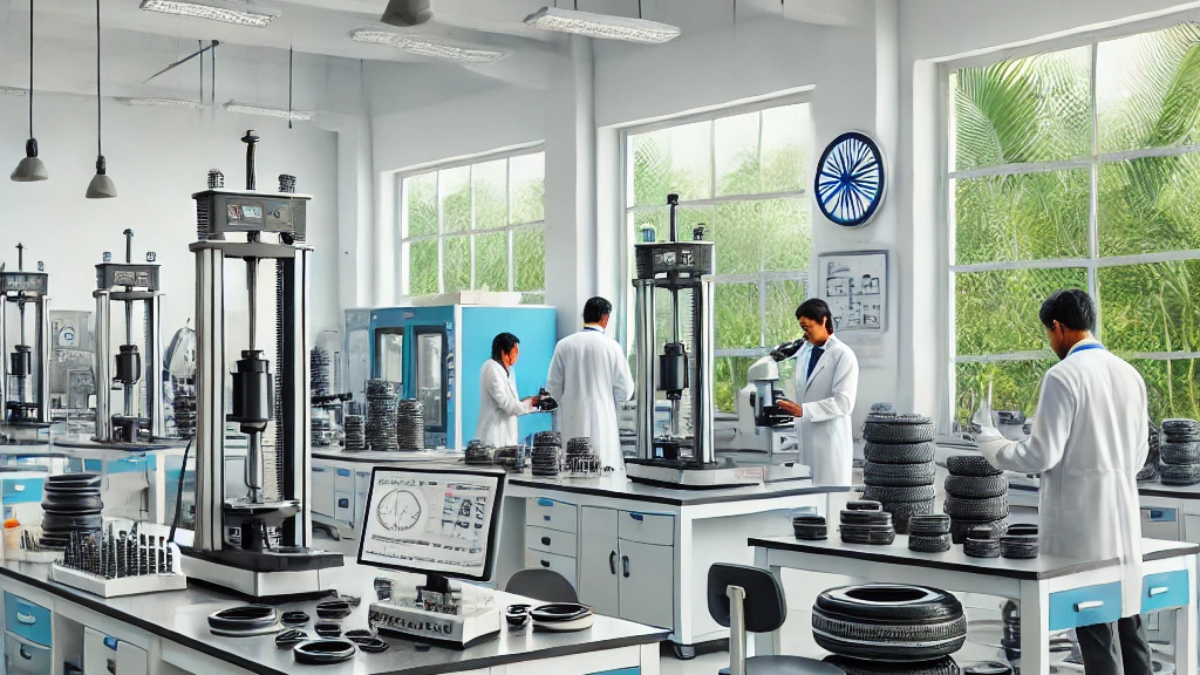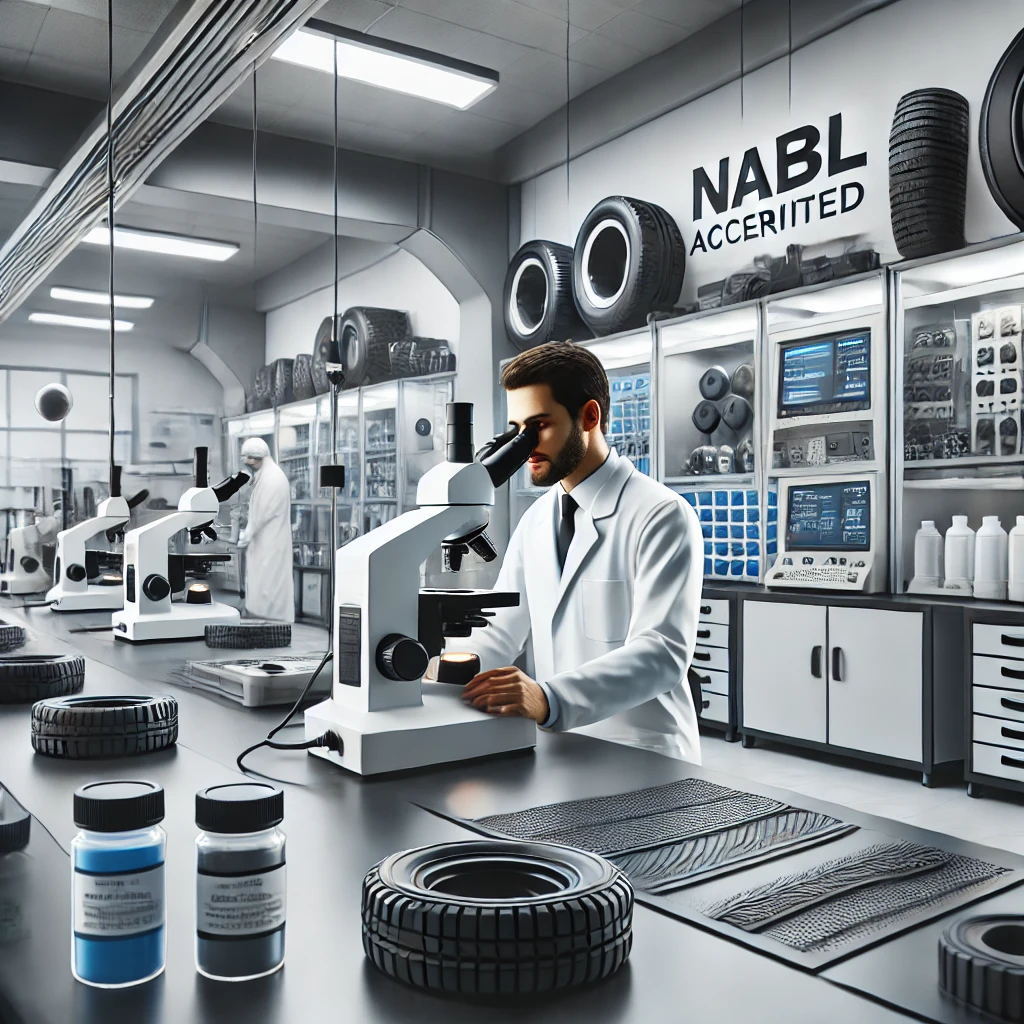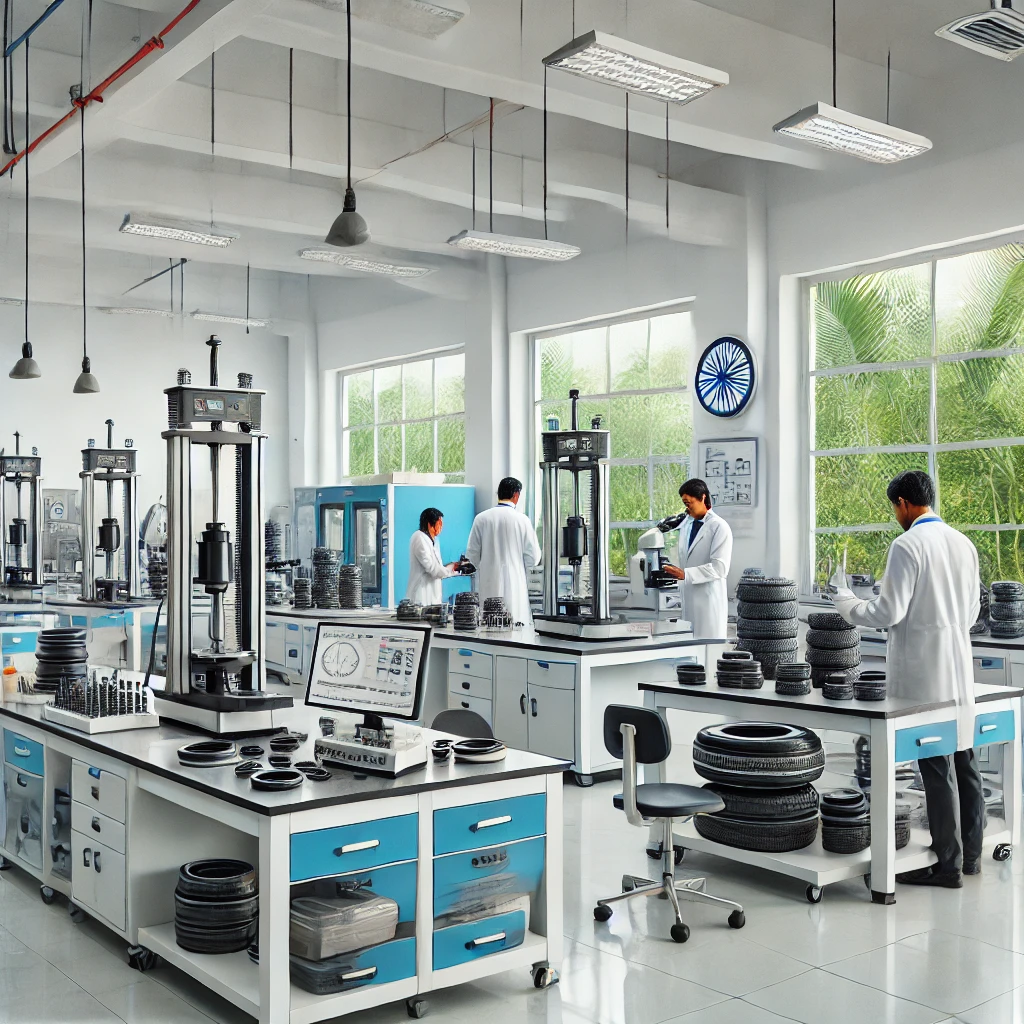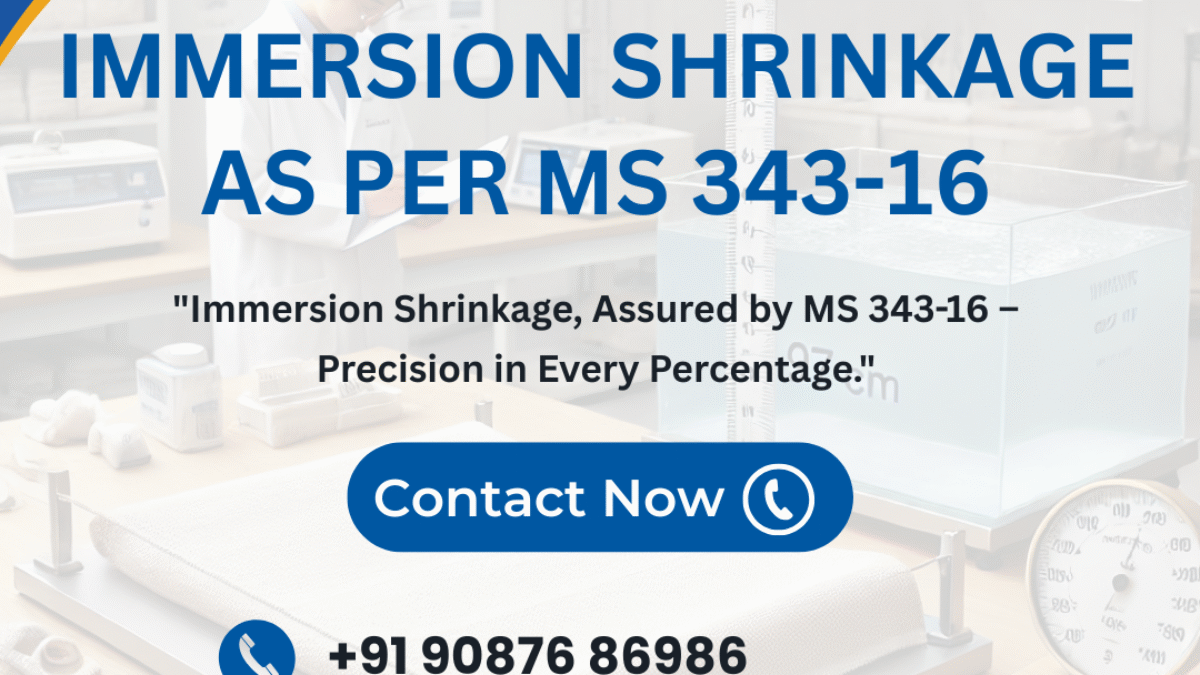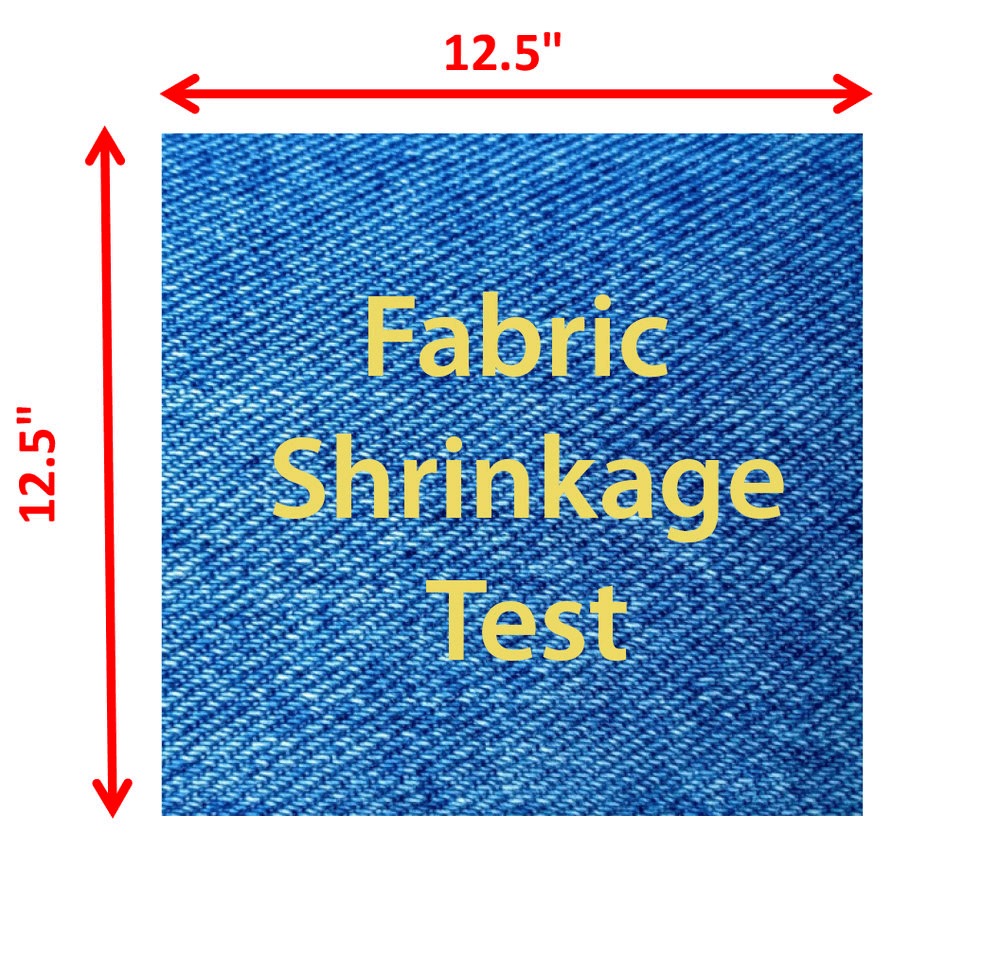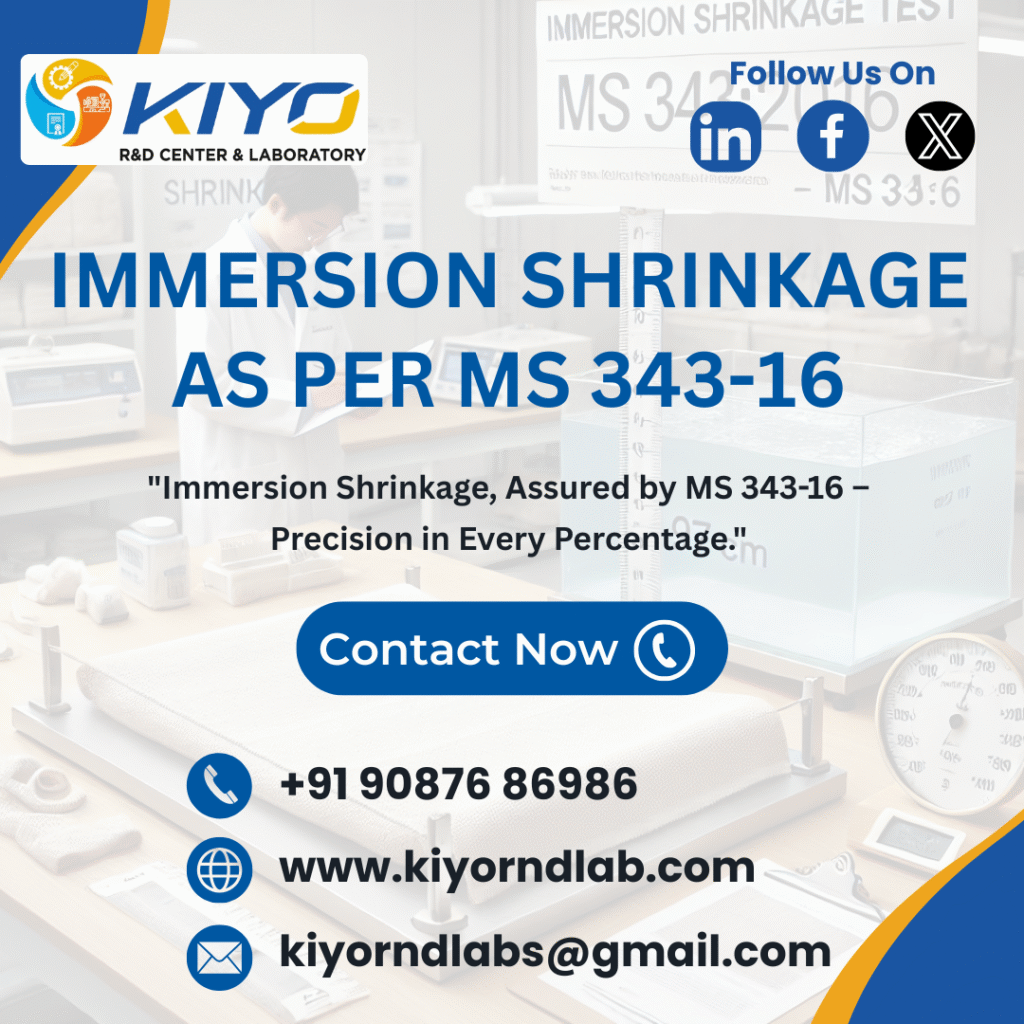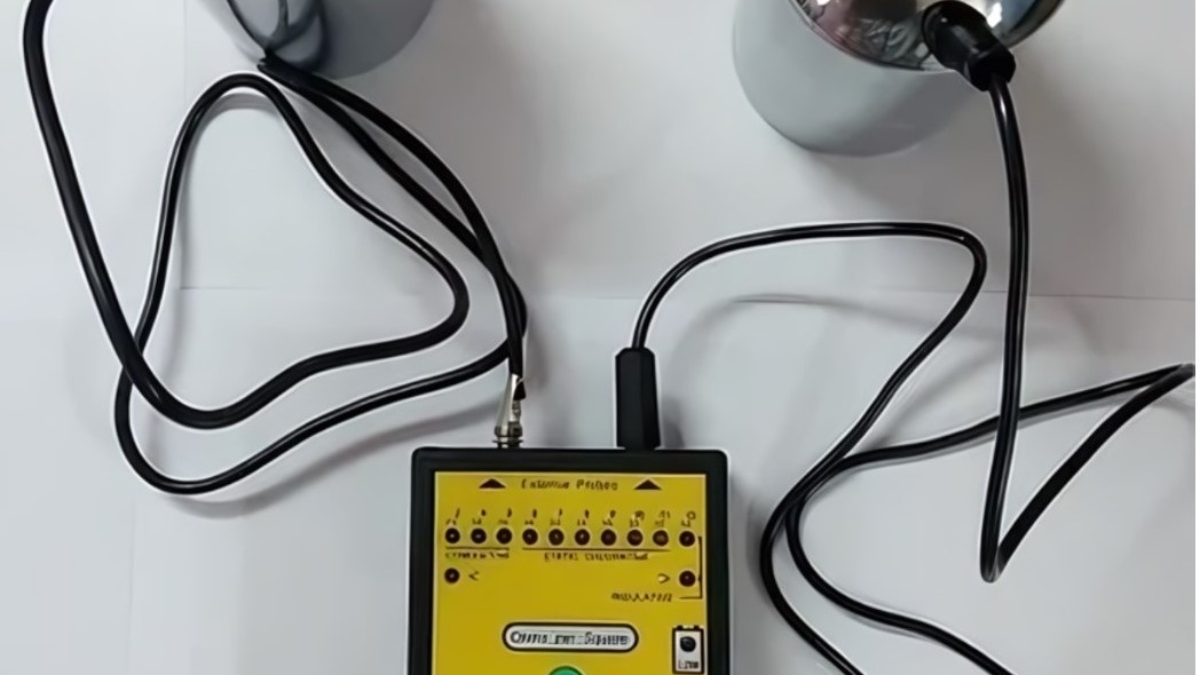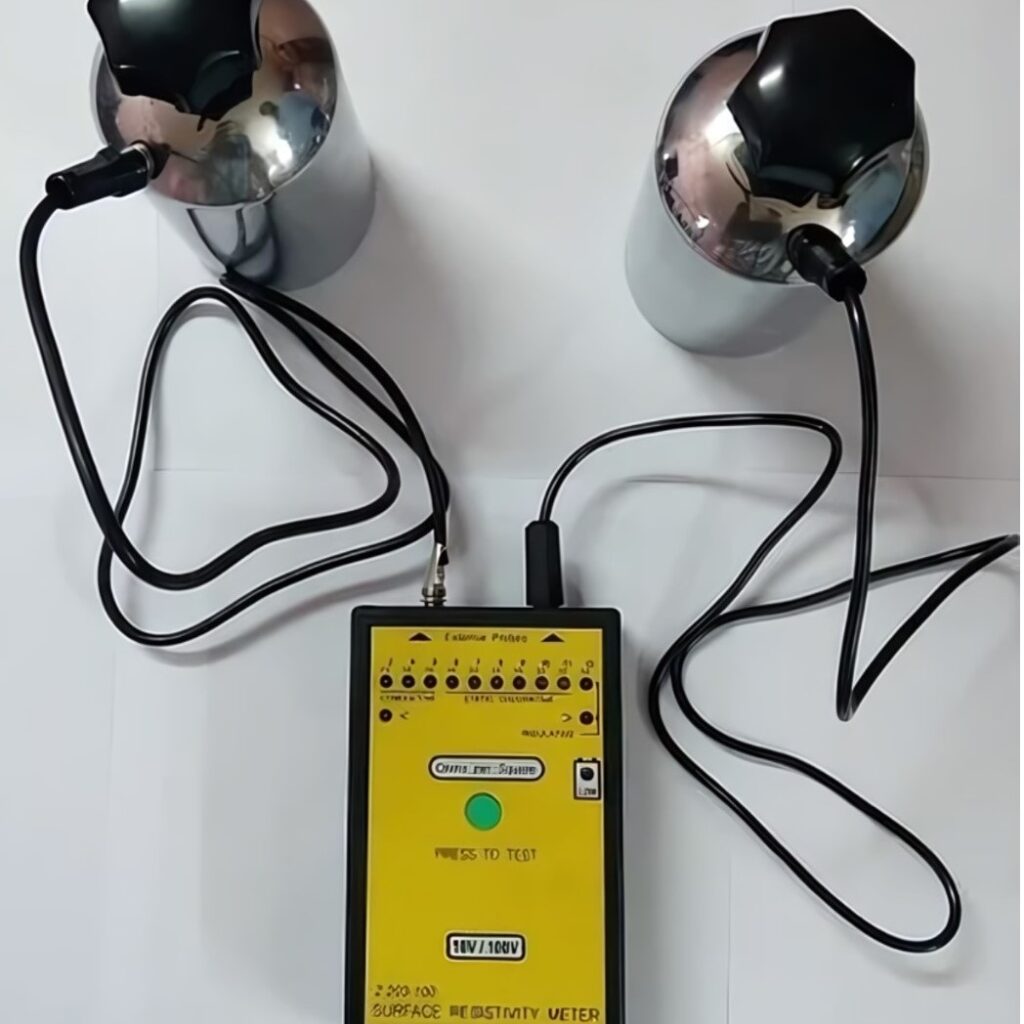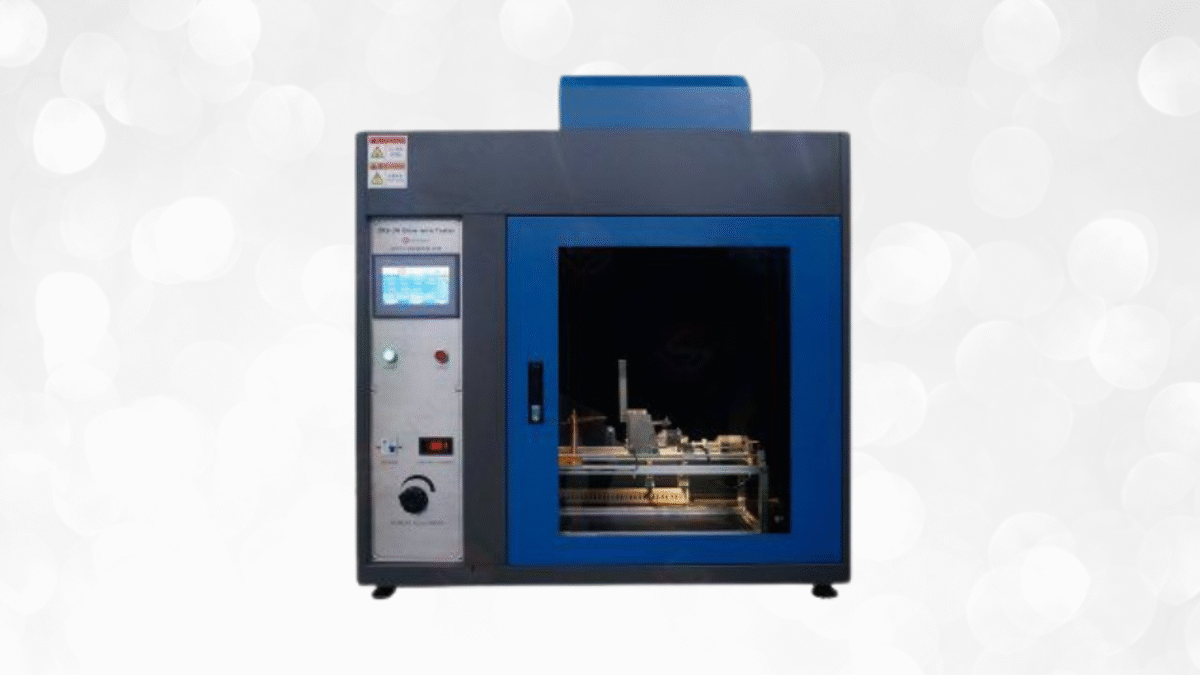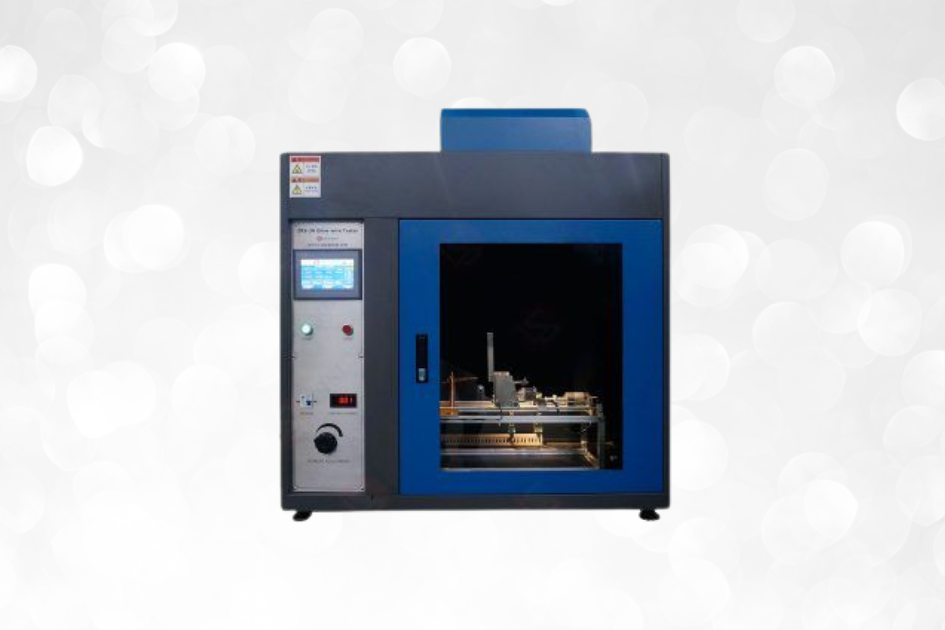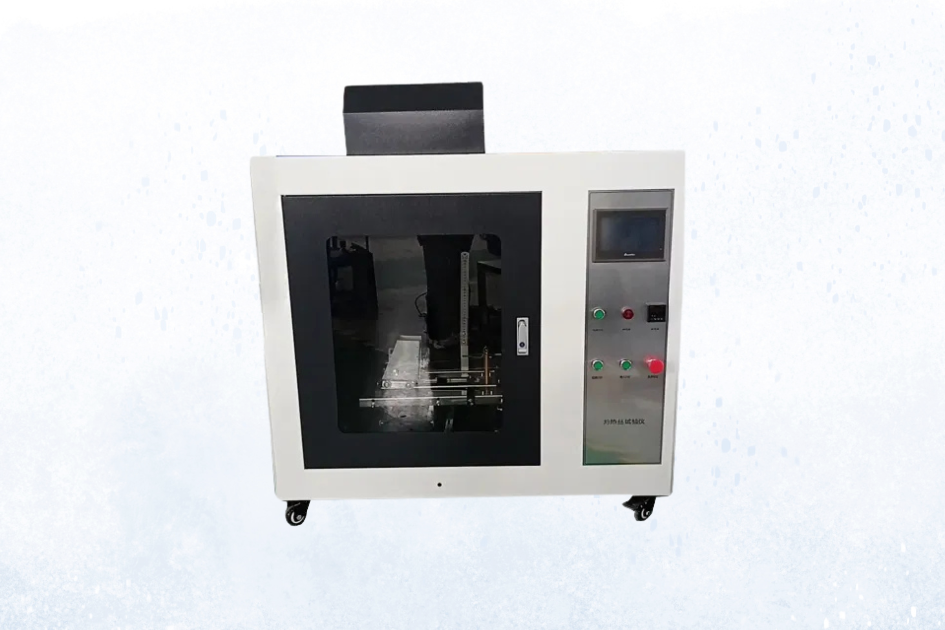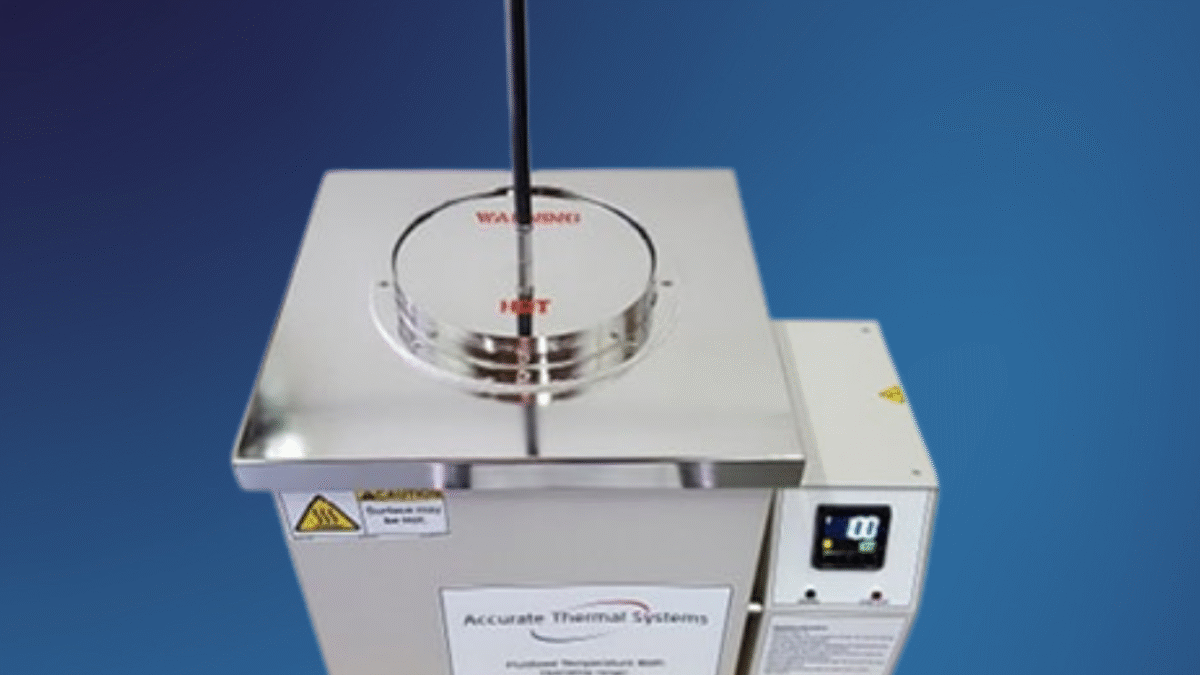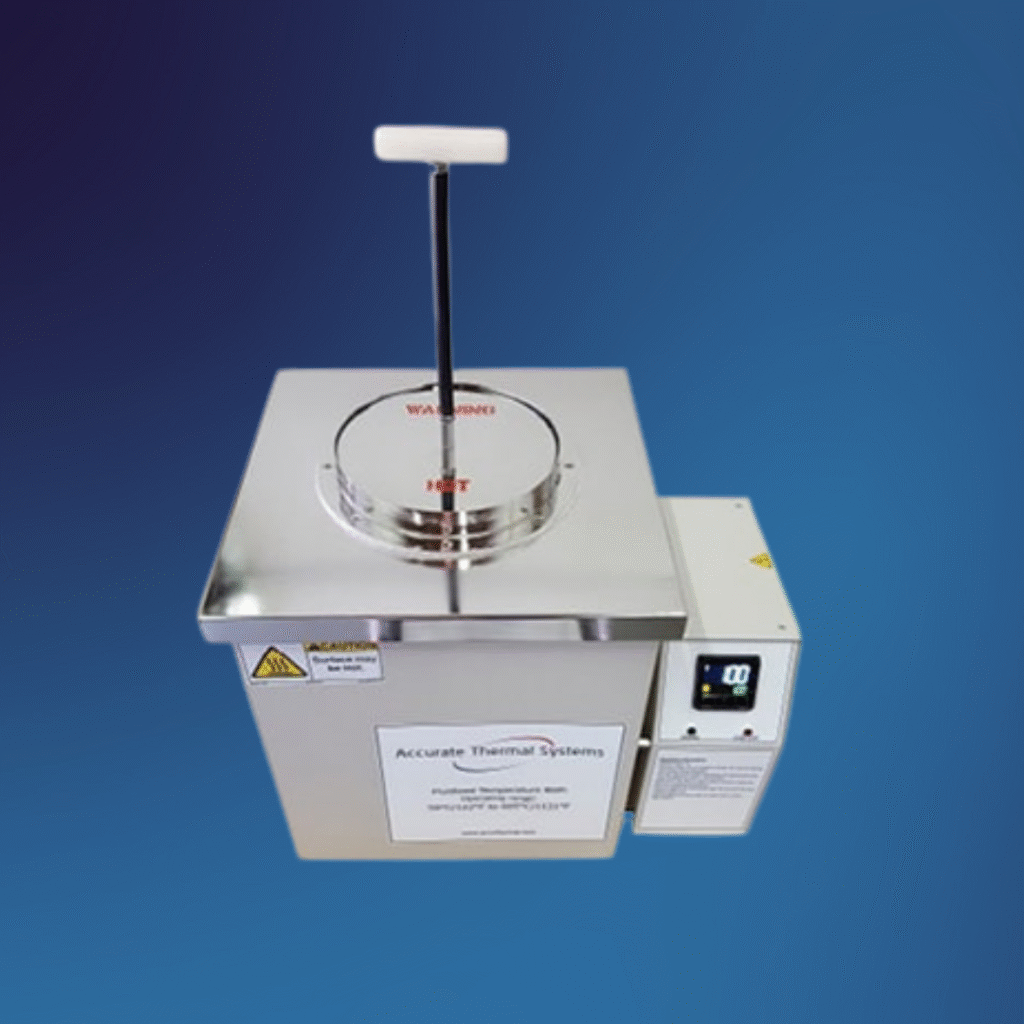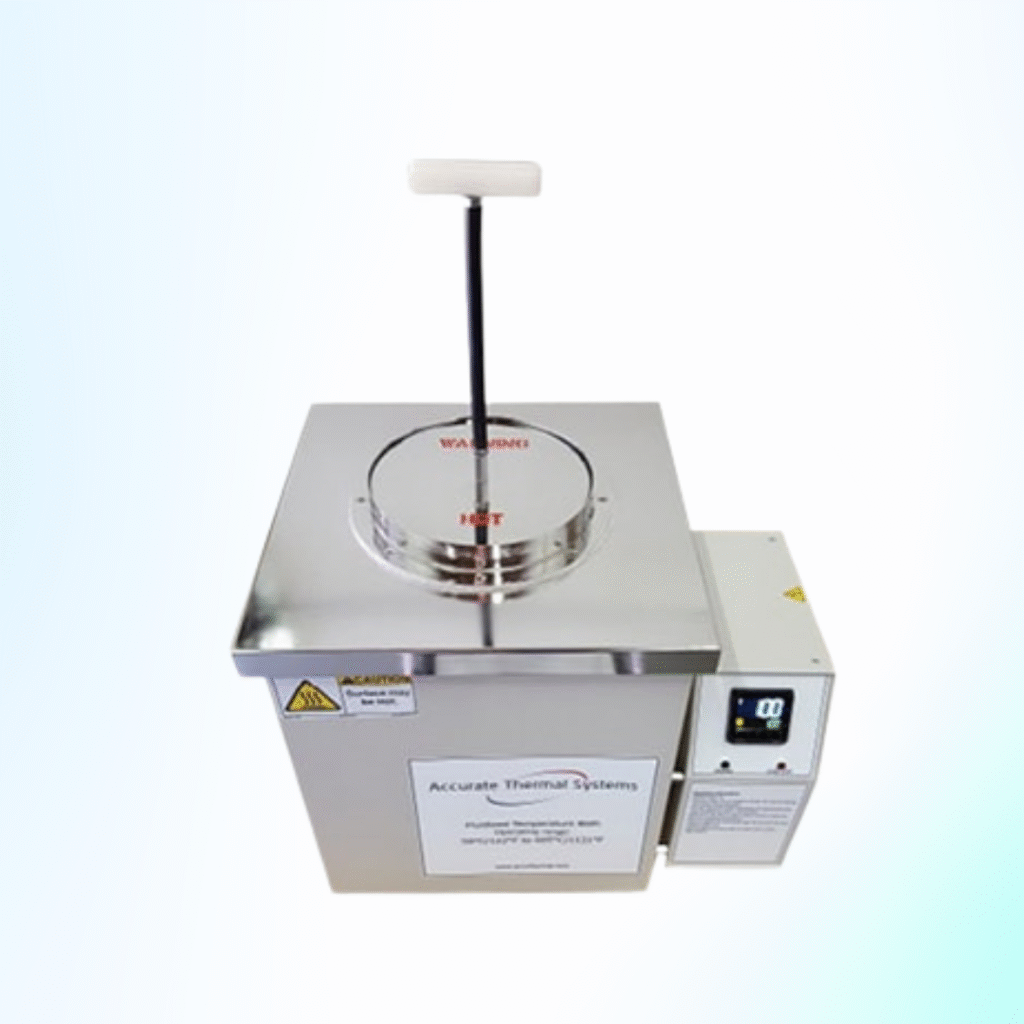Splash Water Testing in Chennai
Why Splash Water Testing is Essential for Modern Product Development
Introduction
- As industries push the boundaries of innovation, ensuring that products can endure environmental challenges is more crucial than ever. One such challenge? Water exposure. At Kiyo R&D Center & Laboratory in Chennai, our splash water testing services provide essential insights into how products behave when subjected to sudden or frequent splashes of water.
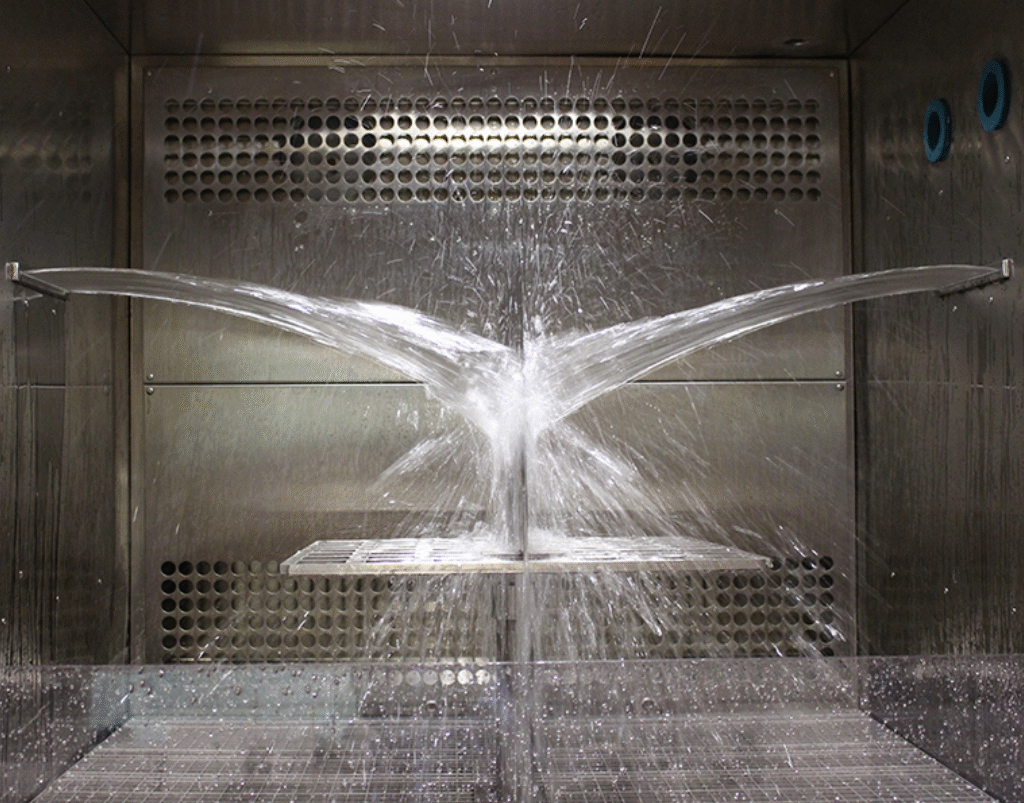
🌧️ What is Splash Water Testing?
Splash water testing simulates water contact under controlled conditions to evaluate how well a product resists short-term moisture ingress. Unlike immersion or prolonged exposure testing, splash tests mimic more realistic events like:
Rainwater splashes on automotive parts
Hose water on outdoor machinery
Accidental spills on electronic devices
This makes splash testing critical for day-to-day usage simulation—especially for products designed for outdoor, industrial, or vehicular environments.
🧪 Real-World Impact: Why It Matters
A minor water ingress can lead to major issues—such as short circuits, corrosion, or complete device failure. That’s why splash testing is not just a quality check, but a key part of product validation and risk management.
Some practical benefits include:
📉 Reduced warranty claims due to improved sealing designs
⏱️ Accelerated time to market with validated designs
🛡️ Stronger IP protection ratings (Ingress Protection)
🚀 Increased brand trust and reliability
🔍 How Kiyo R&D Makes a Difference
At Kiyo R&D Center, we don’t just test—we help you improve. Our splash water testing facility in Chennai features:
✅ High-precision test chambers replicating real-world splash conditions
✅ Customizable parameters to match your specific design and operating environments
✅ Comprehensive reports that support design validation, compliance, and certification
Whether you’re launching a new product or validating an existing one, we tailor our methods to match your industry requirements.
🔧 Industries We Serve
Our clients come from a range of industries, including:
🚗 Automotive & Electric Vehicles (EV)
⚙️ Industrial Automation & Machinery
📱 Consumer Electronics & Smart Devices
🔌 Electrical Enclosures & Controls
🏥 Medical and Diagnostic Equipment
📍 Located in Chennai, Serving Across India
Kiyo R&D’s strategically located lab in Chennai supports manufacturers across India with prompt service, expert support, and reliable results.
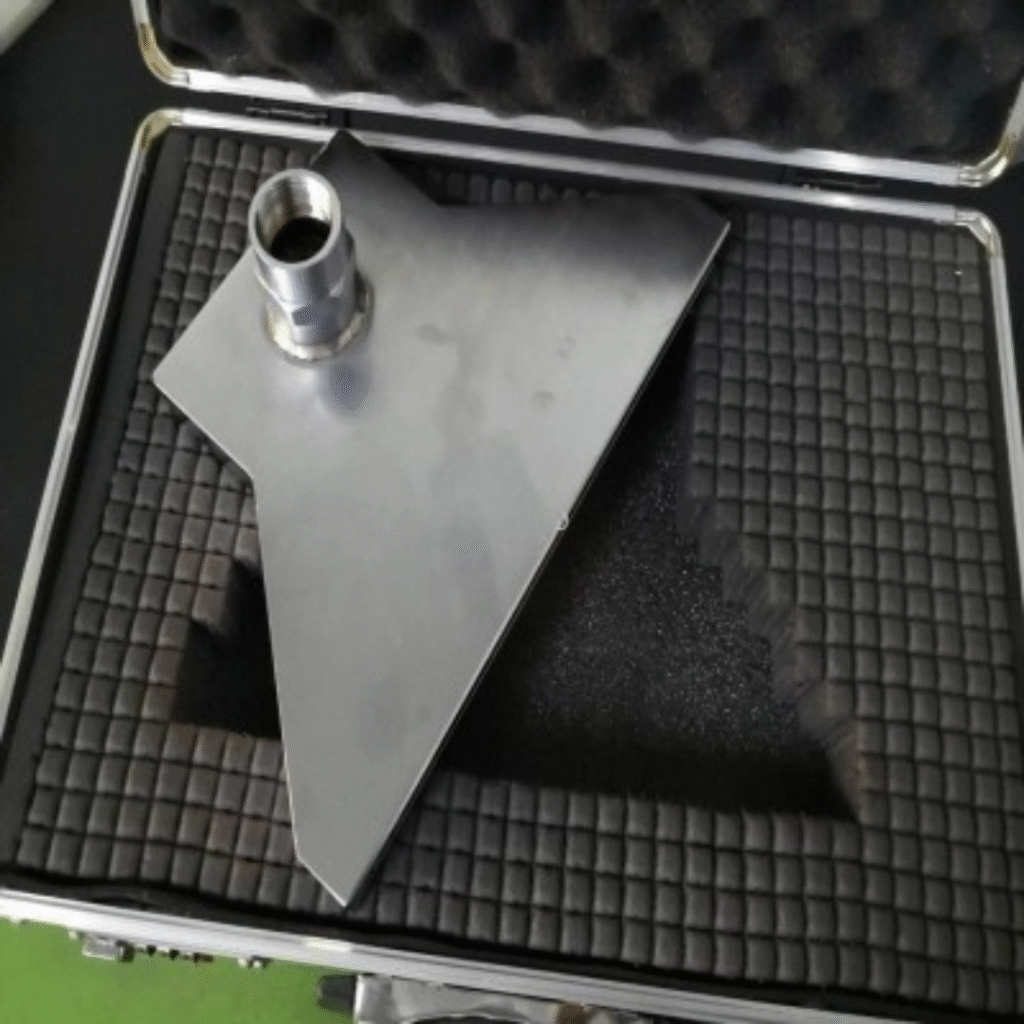
🔗 Let’s Build Water-Resistant Products Together
- Whether you're building an innovative EV part, a smart home device, or industrial machinery, our splash water testing ensures it’s ready for the real world.

